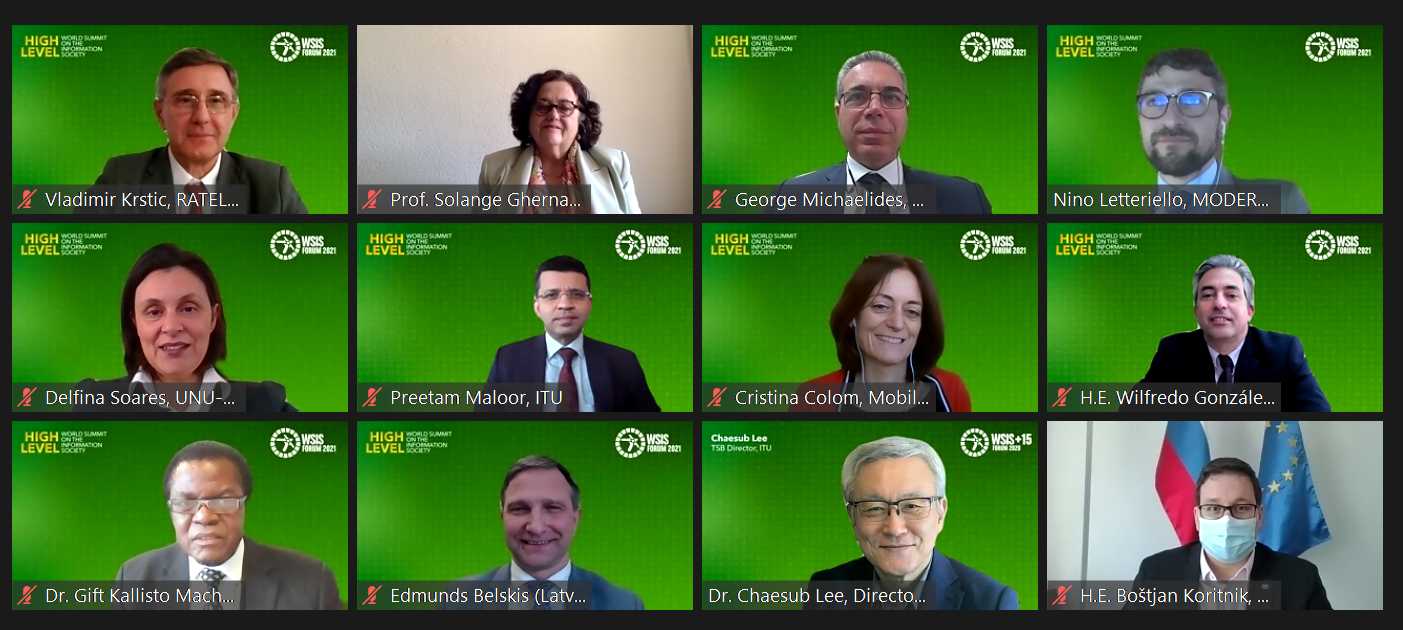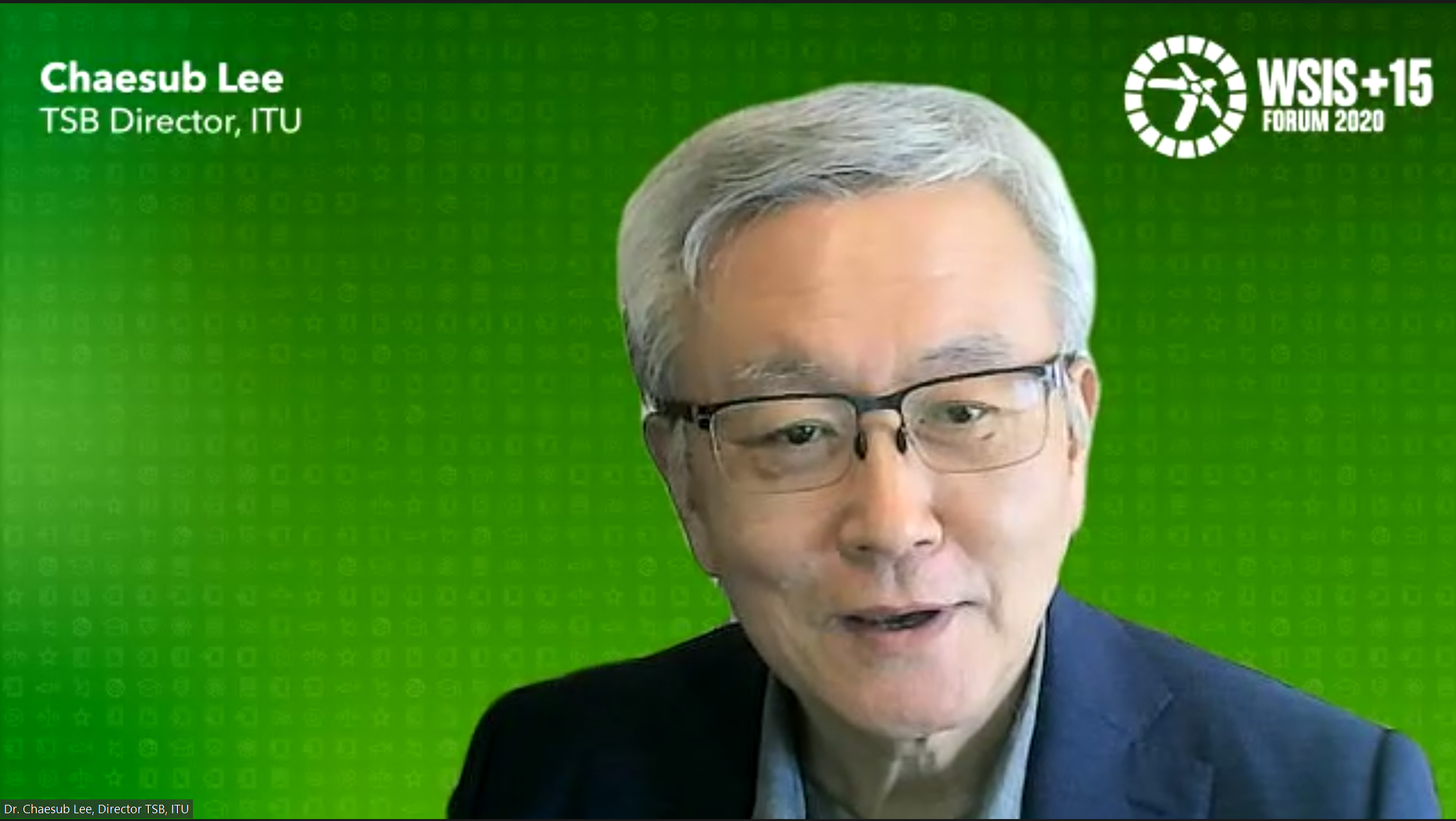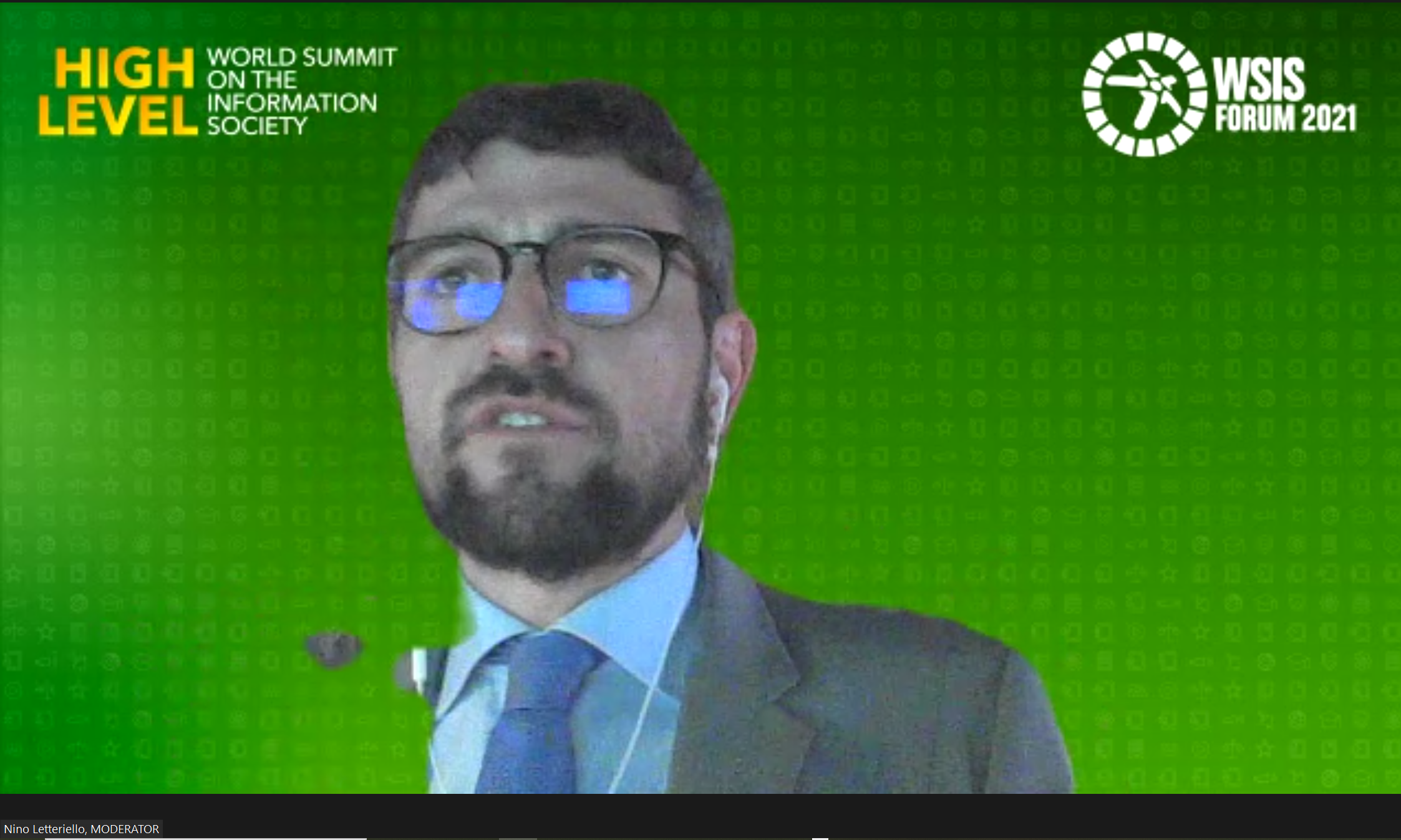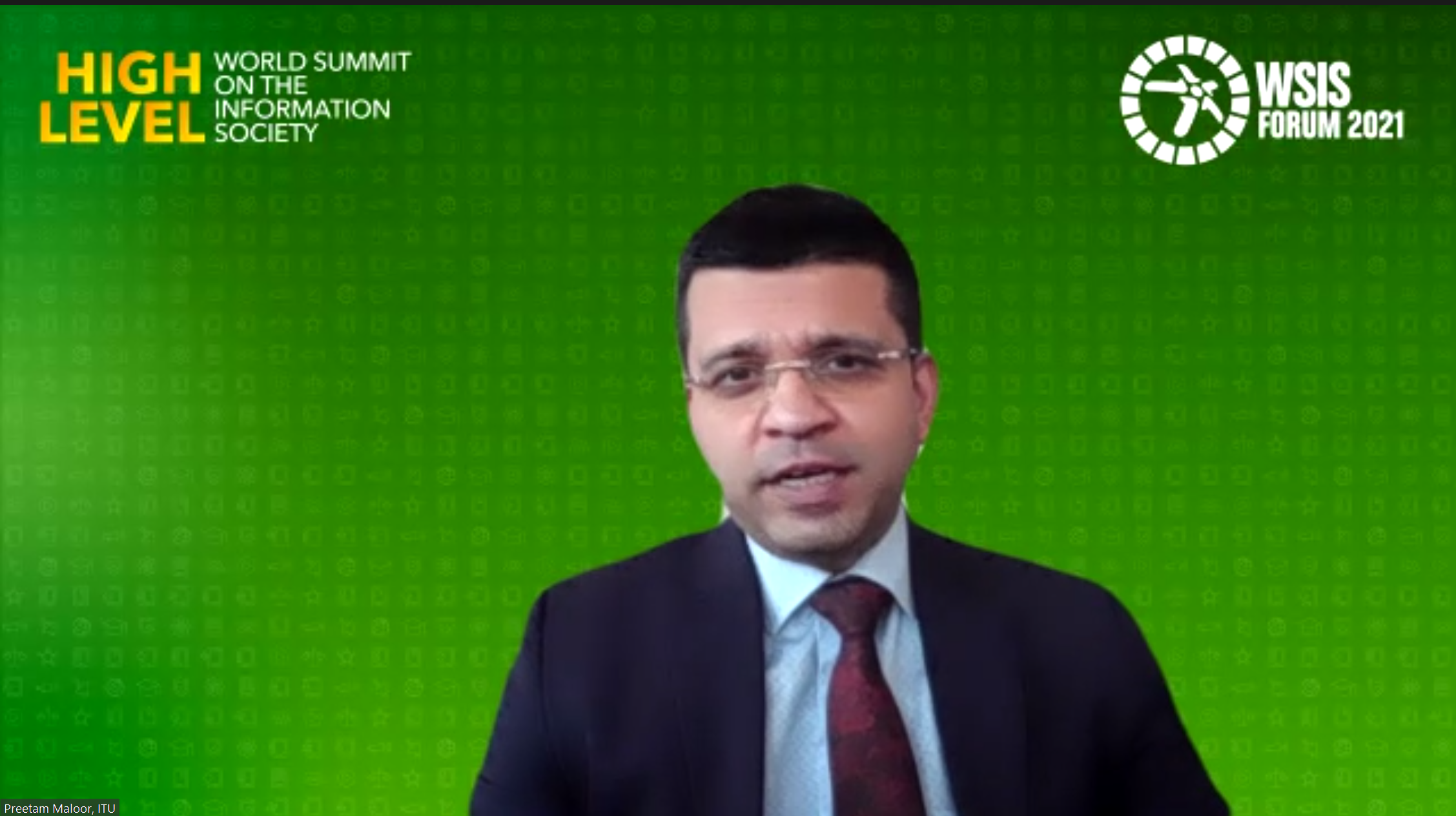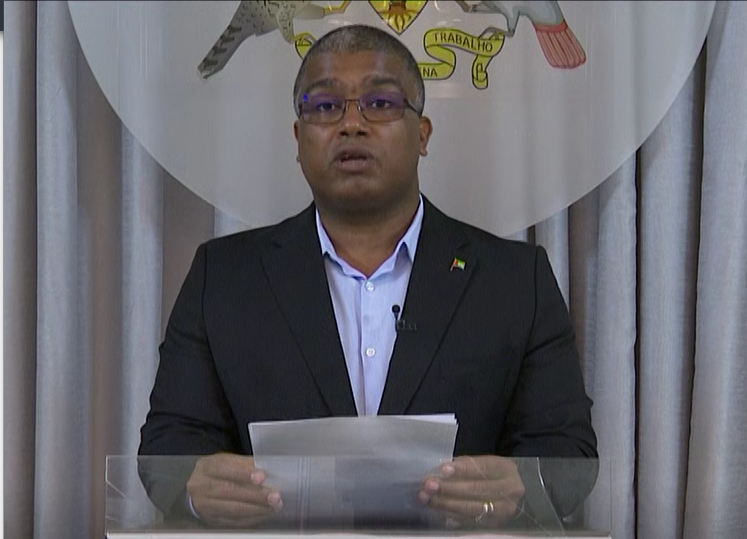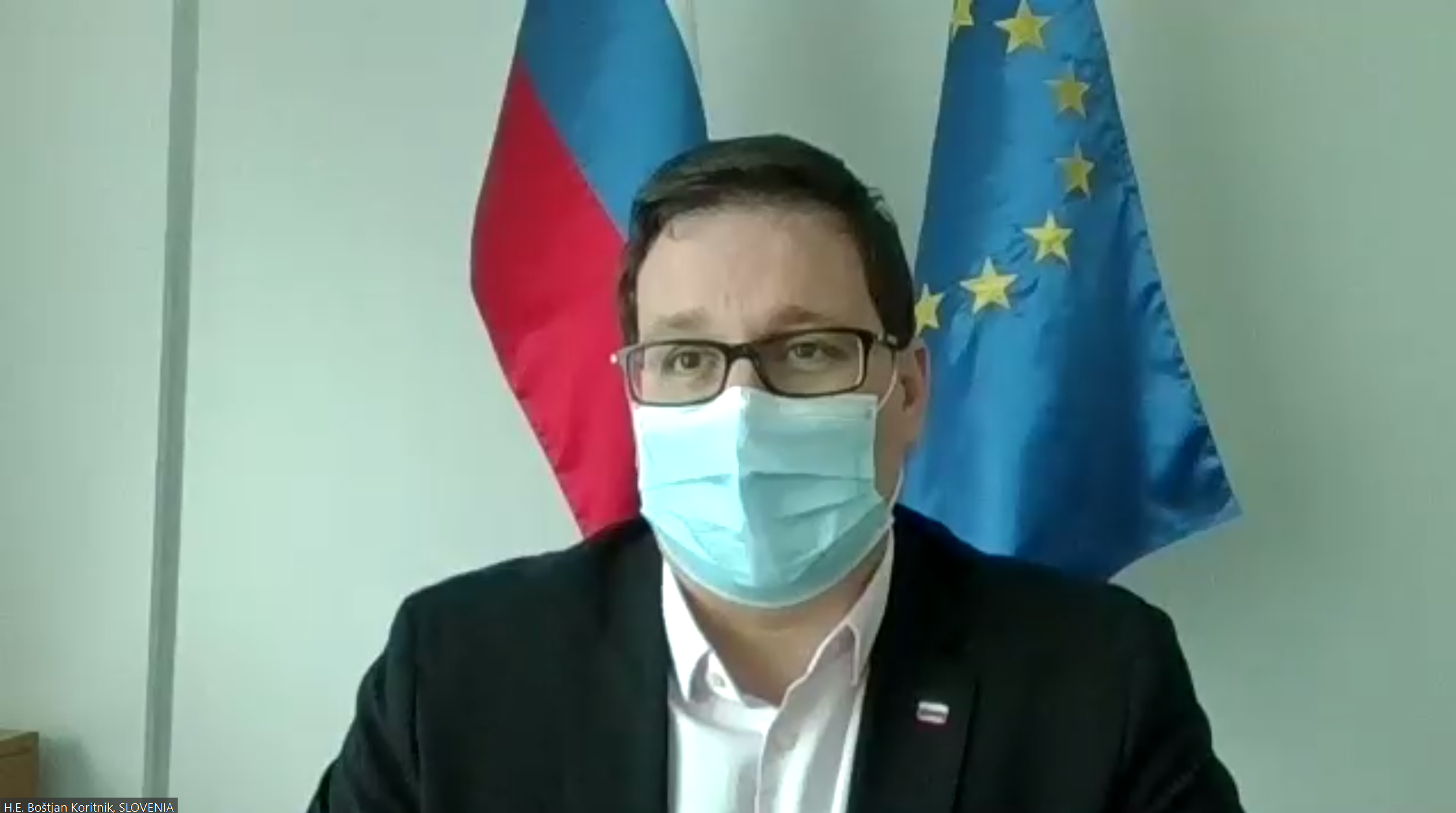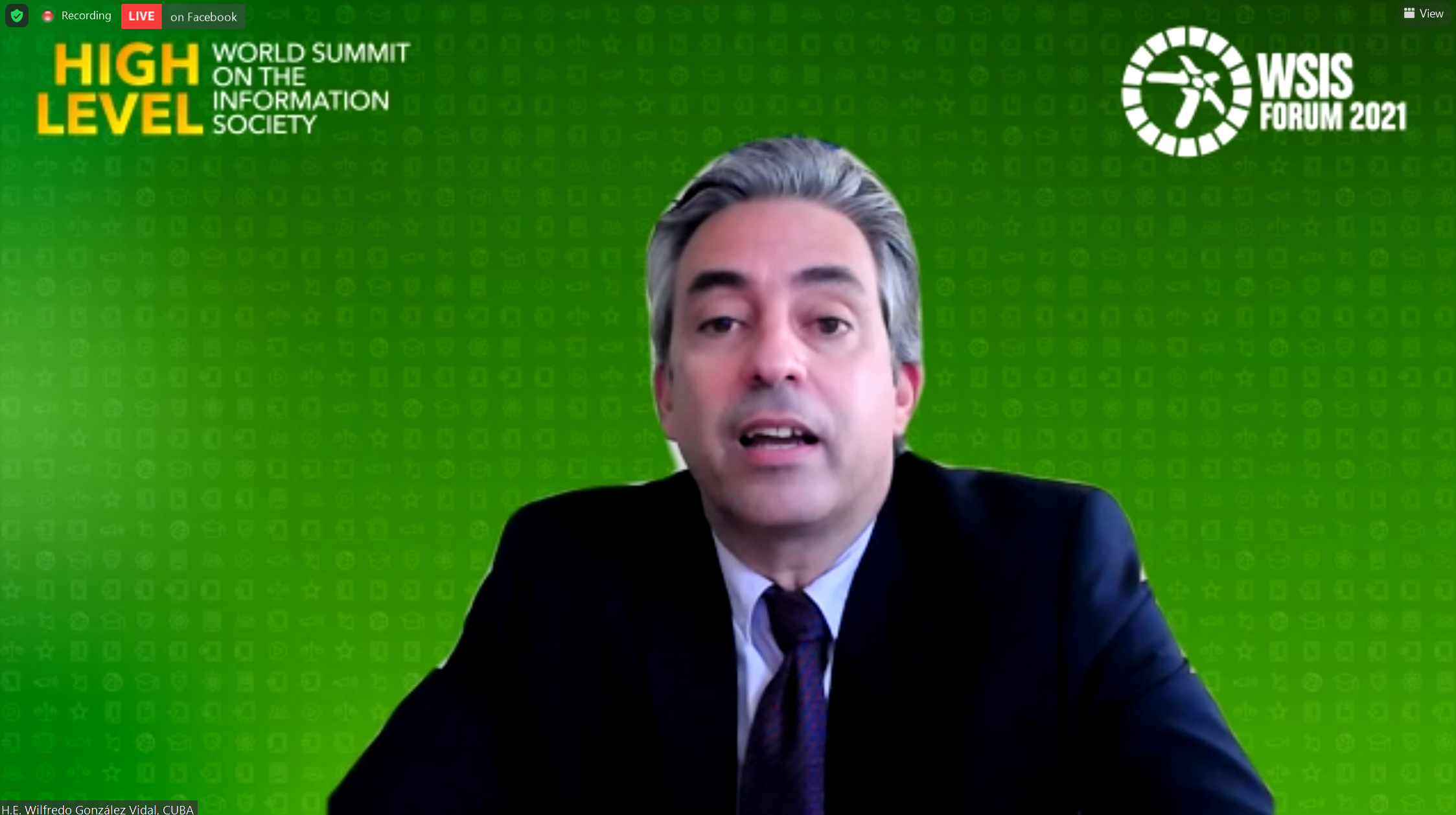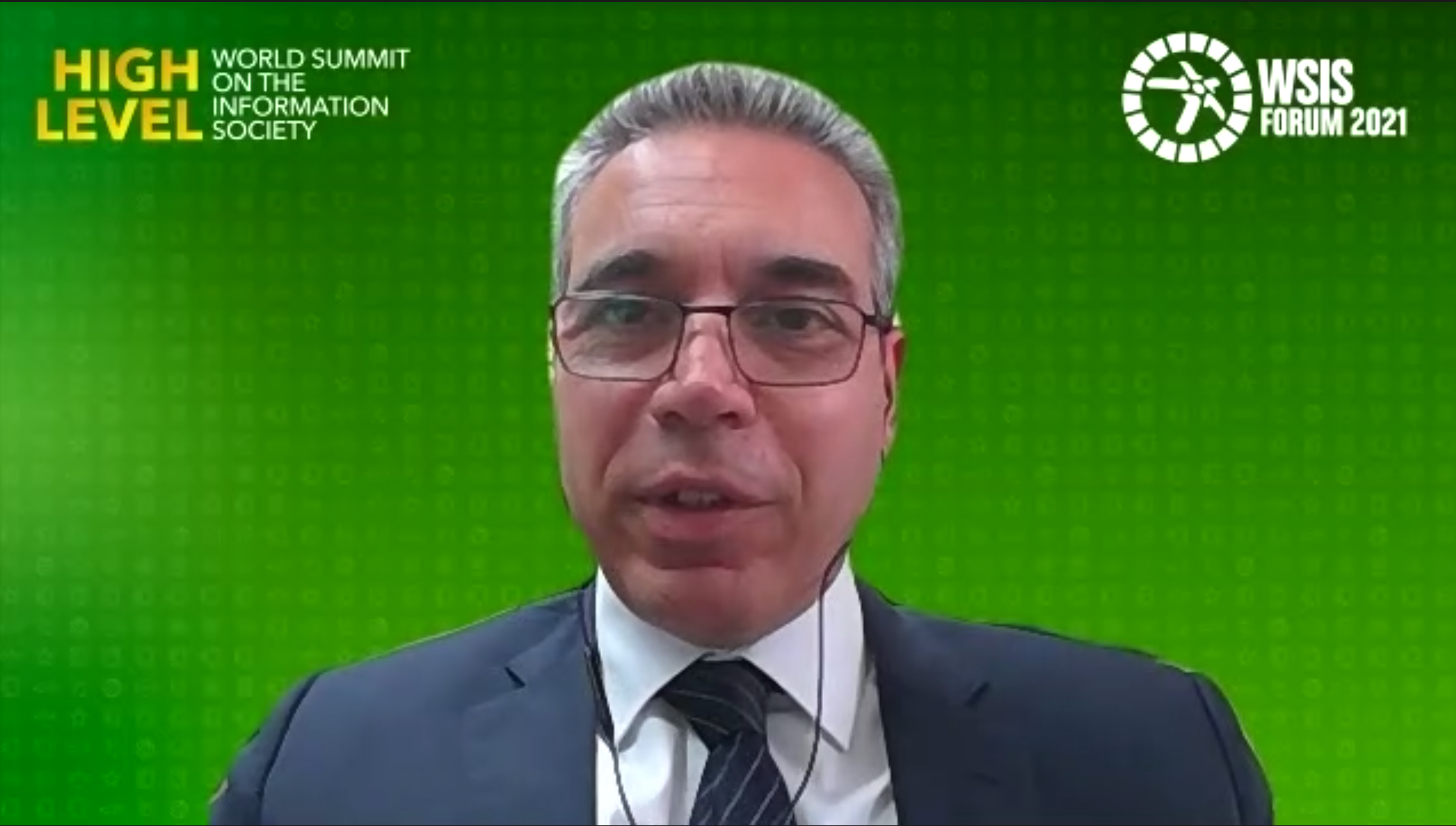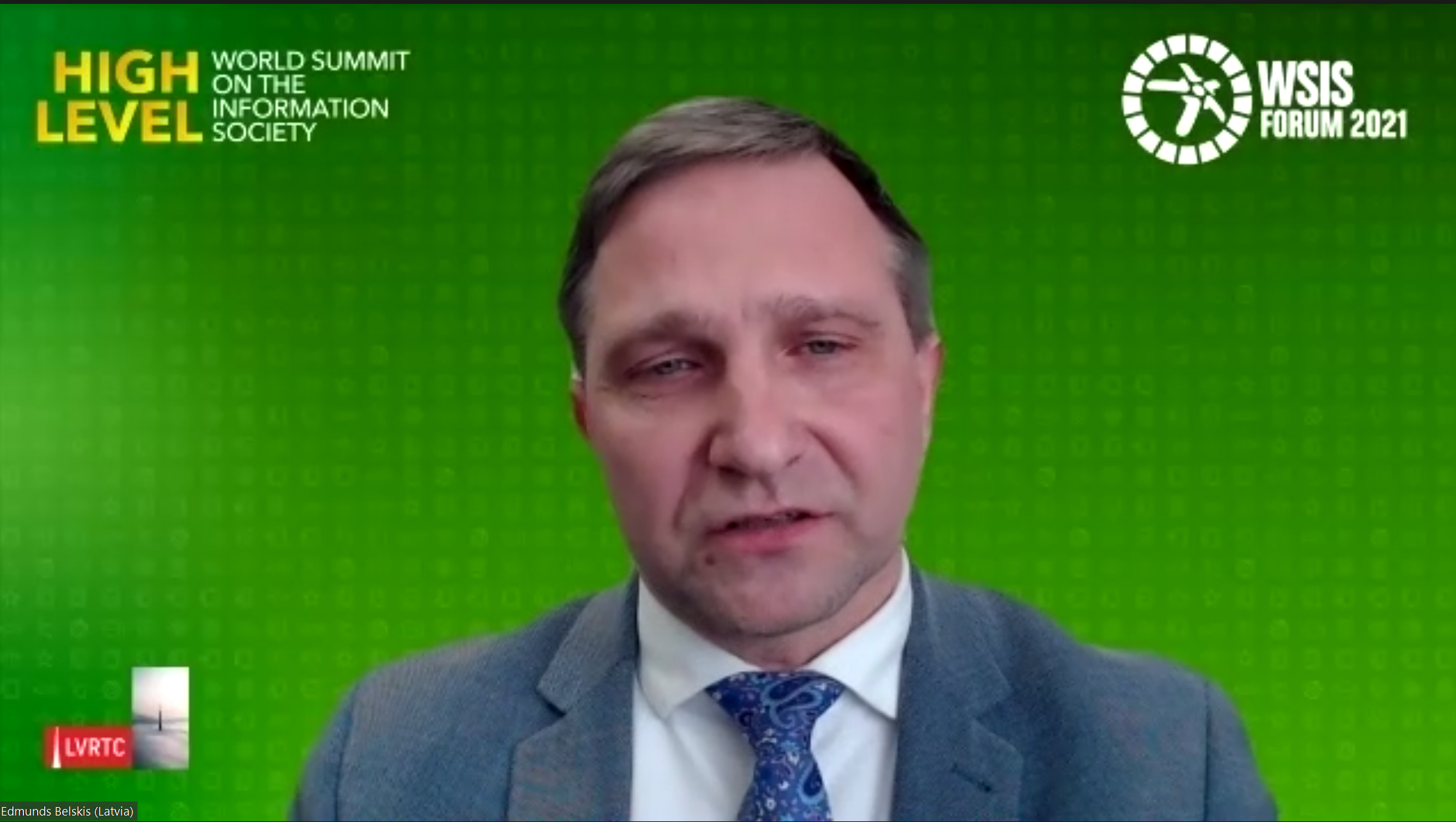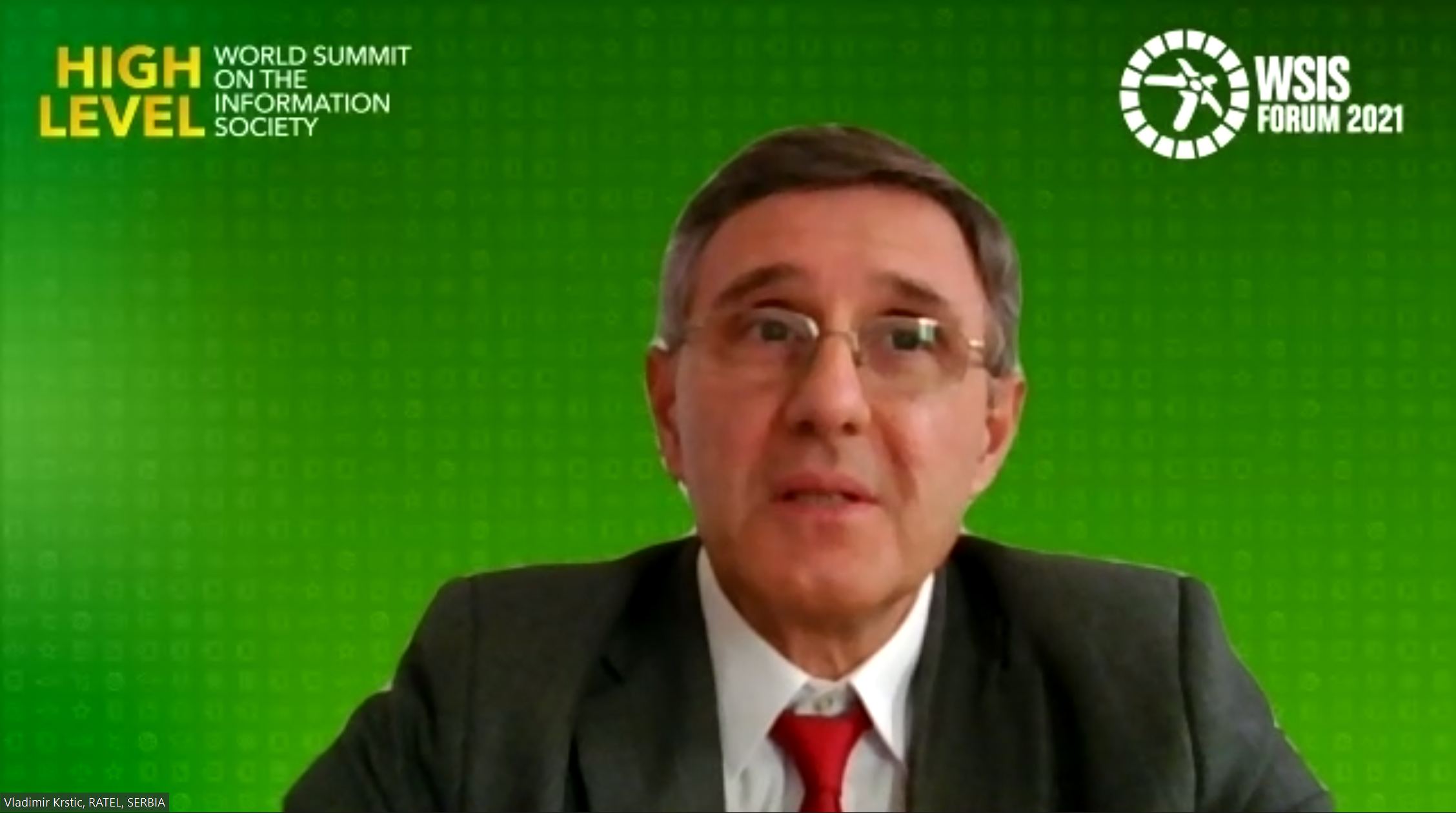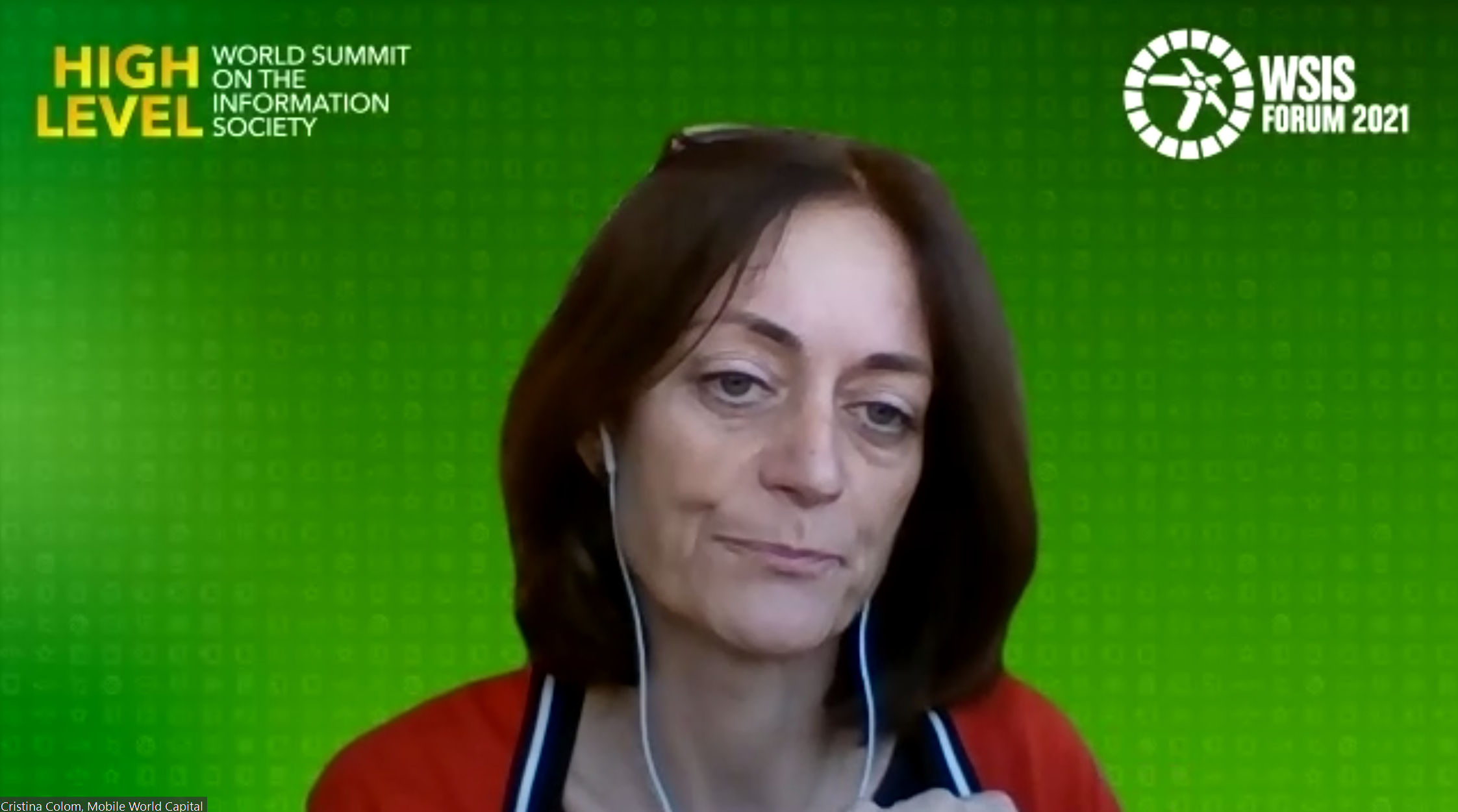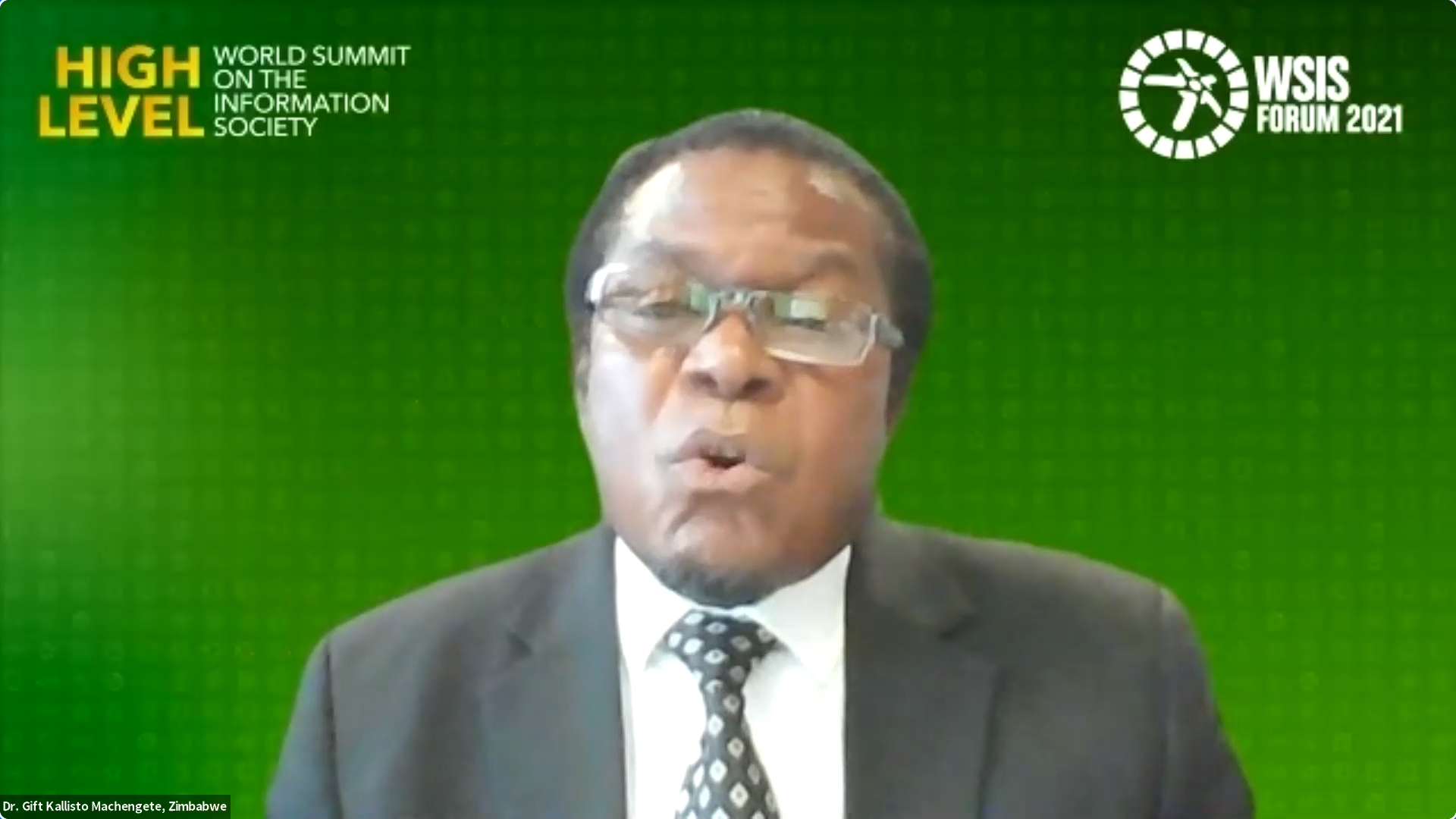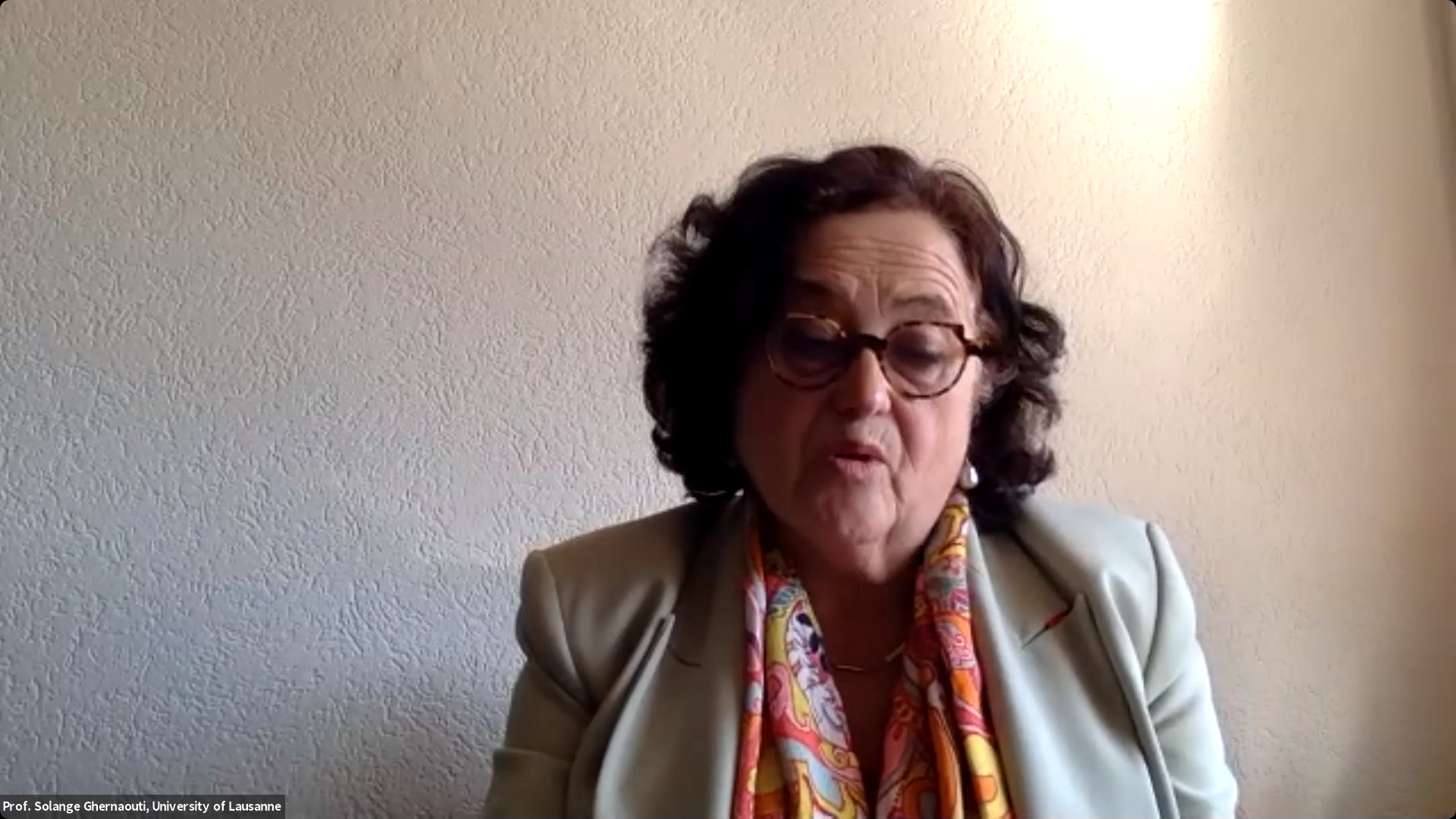High-Level Policy Session 5 : Building Confidence and Security in the use of ICTs
WSIS
Session 163
In this digital age, trust is everything. Cybersecurity is crucial to ensuring universal, trustworthy, and equitable
access to connectivity.
While the use of information and communication technologies (ICTs) enables better management and increased
productivity, the use of digital systems also generates risks. In fact, cyberthreats and cyberattacks give rise to
ever-growing security challenges for both the public and private sectors in all countries.
Enhancing cybersecurity and protecting critical information infrastructures are essential to every nation's social
and economic development. Cybersecurity-related incidents can compromise the availability, integrity and
confidentiality of information transiting on networks and disrupt the
operations and functioning of critical infrastructure, digital and physical. They can also compromise the security
of people and whole countries. [1]
[1] https://www.itu.int/en/mediacentre/backgrounders/Pages/role-of-ITU-in-building-confidence-and-trust-inthe-
use-of-ICTs.aspx#cyberthreats
“Strengthening the trust framework, including information security and network security, authentication, privacy
and consumer protection, is a prerequisite for the development of the Information Society and for building
confidence among users of ICTs. A global culture of cyber-security needs to be promoted, developed and
implemented in cooperation with all stakeholders and international expert bodies. These efforts should be
supported by increased international cooperation. Within this global culture of cyber-security, it is important to
enhance security and to ensure the protection of data and privacy, while enhancing access and trade. In addition,
it must take into account the level of social and economic development of each country and respect the
development-oriented aspects of the Information Society.
While recognizing the principles of universal and non-discriminatory access to ICTs for all nations, we support the
activities of the United Nations to prevent the potential use of ICTs for purposes that are inconsistent with the
objectives of maintaining international stability and security, and may adversely affect the integrity of the
infrastructure within States, to the detriment of their security. It is necessary to prevent the use of information
resources and technologies for criminal and terrorist purposes, while respecting human rights.”
Geneva Declaration of Principles, https://www.itu.int/net/wsis/docs/geneva/official/dop.html
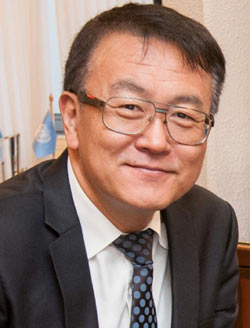
Dr. Chaesub Lee was elected Director of the ITU Telecommunication Standardization Bureau at the ITU Plenipotentiary Conference 2014 in Busan, Republic of Korea, and re-elected to this post for a second four-year term at the ITU Plenipotentiary Conference 2018 in Dubai, United Arab Emirates. Dr Lee has contributed ICT standardization for over 30 years, specializing in areas such as integrated services digital networks (ISDN), global information infrastructure (GII), Internet protocol, next-generation networks (NGN), Internet protocol television (IPTV) and cloud computing.
Within ITU Dr Lee served as Chairman of the ITU Focus Group on Next-Generation Networks (NGN) to address the growing need for international standards for NGN, including service requirements, functional architecture, mobility, security and Quality of Service (QoS). He was also Vice-Chairman of the ITU Focus Group on IPTV which worked to coordinate and promote the development of IPTV standards. He acted as Vice-Chairman of ITU-T Study Group 13 (Future networks and cloud) from 2001 until 2008, becoming Chairman of that group in 2009. ITU-T Study Group 13 develops standards for NGN, future networks, cloud computing, Internet of Things (IoT) and mobile telecommunications, to ensure their smooth international deployment.

Internationally recognised Data Management expert and advisor to various European Governments information management programmes, Nino is the recipient of the DAMA International Excellence Award 2020, part of the top 100 data and analytics most influential people of 2021 and has spent last few years sharing, promoting and educating corporate and no for profit institutes on Data and Information Management best practises and standards.
Nino is current President of the Italian Data Management Association and the first Europe, Middle East and Africa Regional Coordinator (EMEA) for DAMA as well as MIT CDO Symposium Co-Chair promoting initiatives on Women in Data, Ethical Data Management, Data Benefit for Communities and Smart and Sustainable Travel.

Preetam Maloor is the Head of the Emerging Technologies Division at the International Telecommunication Union (ITU), the specialized United Nations Agency for Information and Communication Technologies. With two decades of experience in ICTs, he is an expert on Artificial Intelligence and international cyber-related public policy matters. An ITU Staff member since 2008, he has been a key member of the ITU Secretariat at several major conferences including the 2012 World Conference on International Telecommunications (WCIT), 2010, 2014 and 2018 ITU Plenipotentiary conferences, the 2009, 2013, and 2022 World Telecommunication/ICT Policy Forums (WTPF), and the annual AI for Global Good Summit. He also serves as the Secretary of the ITU Council Working Group on international Internet-related public policy issues and the Expert Group on the International Telecommunication Regulations.
Prior to joining ITU, Preetam spent nearly 10 years in the private sector, working primarily at Artificial Intelligence research organizations such as Intelligent Automation Inc, a Rockville, Maryland-based research think-tank focusing on AI-based applications, and at AT&T Research Labs, Florham Park, New Jersey in its Speech & Natural Language Research Group. He holds Master’s degrees in Computer Science from Texas A&M University, College Station, and in Engineering and Public Policy from the University of Maryland, College Park. He has a Bachelor’s degree in Computer Science and Engineering from the University of Mumbai.
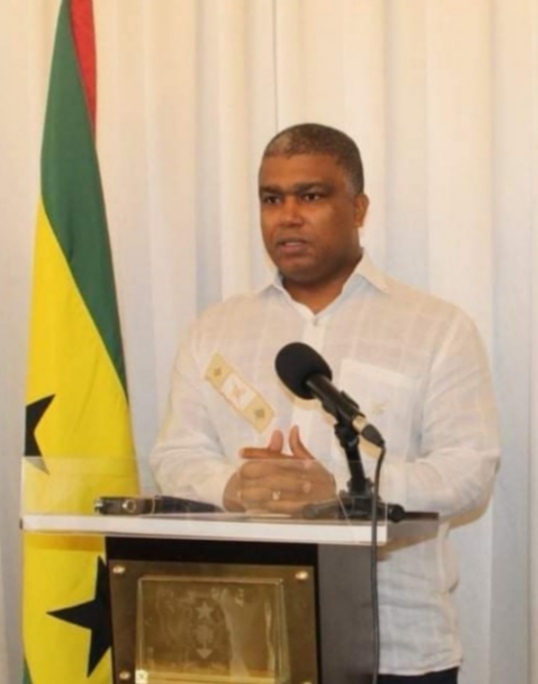
Wuando Borges Castro de Andrade was born in São Tomé on 13 December 1977.
In terms of academic training, he holds a high school degree in Business Organisation and Management from INEPI - Portugal, in 2002, and was enrolled in Law at the Lusófona University of Humanity and Technologies, also in Portugal, from 2004 to 2008.
In professional terms, he worked at the Bank of Portugal as an administrative assistant from 2008 to 2012. He was General Director of Organizer Eventos from 2014 to 2018 and Executive Director of Laurens Investiments, Lda., from 2014 to 2018.
In political terms, he was Director of the Office of the Prime Minister of São Tomé and Príncipe from 2012 to 2014 and is currently Deputy Secretary-General of the MLSTP/PSD party. He was appointed member of the XVII Constitutional Government of São Tomé and Príncipe, as Minister of the Presidency of the Council of Ministers and Parliamentary Affairs in December 2018 and has, since September 2020, assumed the role of Minister of the Presidency of the Council of Ministers, of Social Communication and New Technologies.

Boštjan Koritnik, born on 15 June 1979, graduated from the Faculty of Law in Ljubljana in 2005, obtaining a university degree in law.
Before and after graduating, he worked part-time for the economy section of the Delo newspaper. From 2006 to 2010, he did a variety of work for the GV Založba publishing company, where he first excelled as a journalist and editor of the magazine Pravna praksa as well as an in-house lawyer and then, from 2010 to 2013, as the director and editor in chief. After the company’s merger with Ius Software d. o. o., he was a (co-)director and editor in chief until the beginning of 2015.
Mr Koritnik has been employed at the Faculty of Law of the University of Ljubljana as a teaching assistant and secretary since 2015. Since 2016, he has also worked as the director of the Faculty of Law Publishing House and the managing director and member of the Založba Audiobook d.o.o. start-up company. He worked with three crypto companies as a lawyer and co-founder, and was the director of the GLEDOS (Global Education System) project. He participated in numerous studies – including for the European Commission and different ministries –, authored or co-authored legal opinions and other scholarly texts (242 entries in the Cobiss system) and lectured about blockchain technology and entrepreneurship in both Slovenia and abroad. Mr Koritnik has performed different roles in societies since 2008: he is the Secretary-General of the Association of Slovenian Lawyers Societies (ZDPS), treasurer of the Association of Slovenian Corporate Law Societies (ZDGPS) and president of the Sports Law Association. He is also the vice-president of the Tivoli Ljubljana Lions Club and president of the ABA Basketball League Appeals Board. In 2019, he received a special recognition from the Rector of the University of Ljubljana for professionals and – with two other colleagues – the 2019 Lawyer of the Year title awarded by the Association of Slovenian Lawyers Societies (ZDPS).
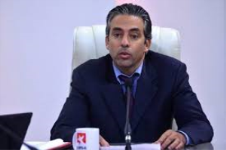
Wilfredo González Vidal is First Deputy Minister of the Ministry of Communications of the Republic of Cuba.Previously he was Vice Minister of the Ministry of Communications and Vice President of Information Technologies at the Telecommunications Company of Cuba S. A. (ETECSA).
He is the Coordinator of the interministerial working group for the analysis and proposal of the Comprehensive Policy for the improvement of the Computerization of society in Cuba. In this sense, he has coordinated several working groups associated with the computerization process of the country in the period 2013 –2018.
He chaired the Cuban delegation in the WSIS Forum, held in Geneva, Switzerland, in 2014, 2015 and 2017. He obtained in 2014 the Diploma of Public Administration at the Higher School of Cadres of the State and the Government of Cuba. In 1998 he received the degree of Enginner in Automation from the Higher Polytechnic Institute "José Antonio Echevarría" in Havana.
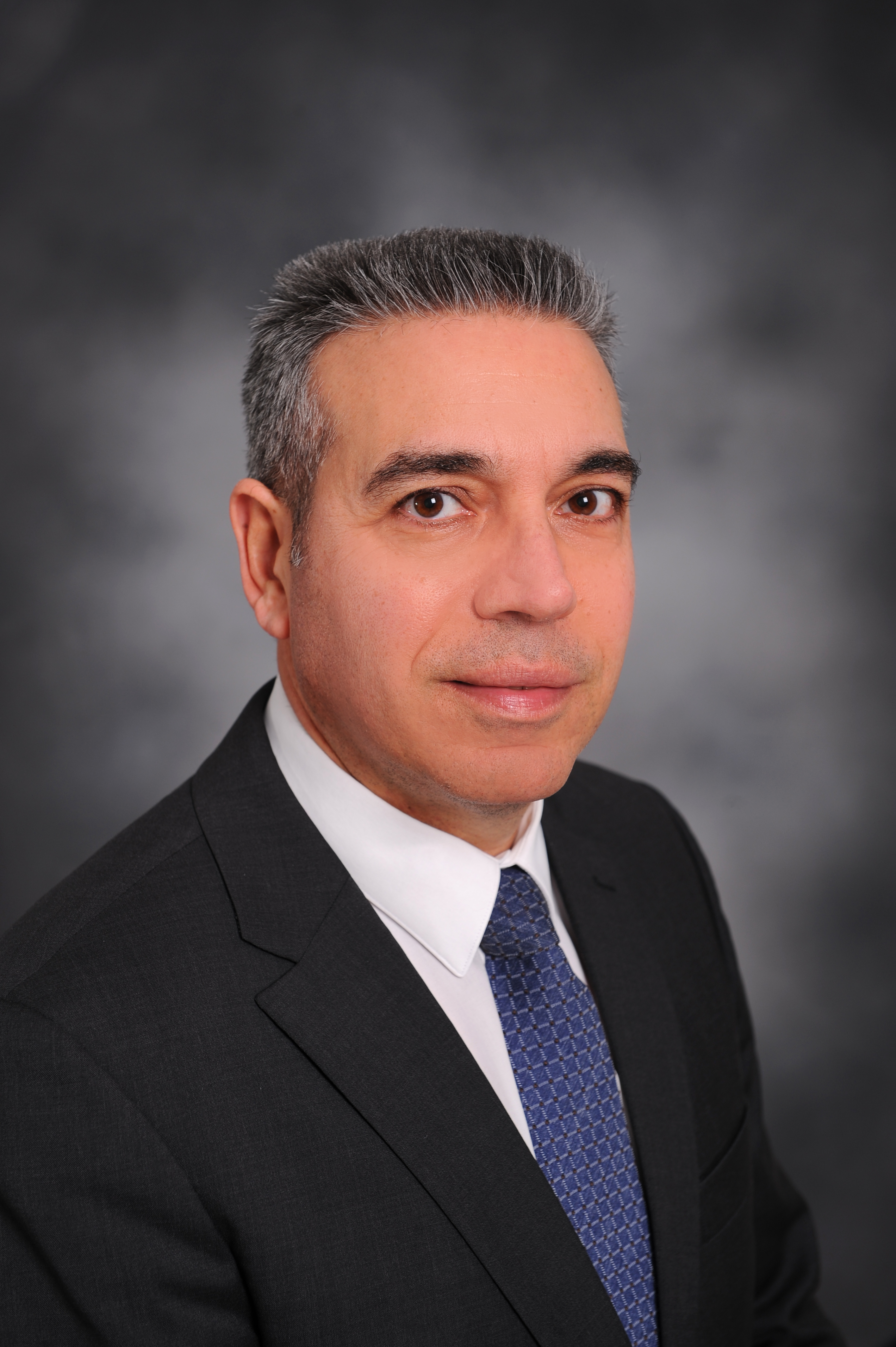
George has more than 20 years of experience in the field of ICT. He holds a B.Eng in Computer Engineering and an MSc in Communication Systems. For 14 years he has been working for multinational organizations holding various senior Regional IT Management roles, accountable for the provision of impeccable service through, reorganizations, outsourcing and the implementation/adoption of IT Best Practices. Since 2014 he is leading the Cyprus national regulatory authority (OCECPR) for Electronic Communications and Postal Services, and from 2018, additionally, the regulatory authority (DSA - Digital Security Authority) for Network and Information Security (NIS) for Critical Information Infrastructures (CIIs). As part of the DSA he has been tasked to setup and operate the National CSIRT. His office is also the coordinating body for the implementation of Cyprus Cybersecurity Strategy.
As part of his regulatory duties he is a Board member of the Body of European Regulators for Electronic Communications (BEREC), the European Mediterranean Regulators Group (EMERG) and the European Regulators Group for Postal Services (ERGP). He is also a holder of various project management, IT Best practises and ICT Governance professional qualifications.

During his professional career, Edmunds Beļskis has worked in state capital companies and public authorities related to the field of electronic communications, as well as acquired working experience in the councils and boards of State capital companies.
Previously Beļskis held the positions of Deputy State Secretary for Information and Communication Technologies at the Ministry of Environmental Protection and Regional Development of the Republic of Latvia, Director of Communications Department at the Ministry of Transport of the Republic of Latvia and Director of Department of Entrepreneurship Competitiveness at the Ministry of Economics of the Republic of Latvia. He also was Director, coordinator of international projects of State agency “Latvian National Accreditation Bureau”.
Edmunds Beļskis has received the degree of Master of Public Administration at the Faculty of Economics and Management of the University of Latvia and the degree of the Master of Mechanical Engineering in the Field of Quality Assurance and Management at the Technical University, Faculty of Engineering. He has graduated the Faculty of Mechanical Engineering and Automation.

Vladimir Krstić started his professional work in 1978 at the Carrier Frequency Equipment Factory, Electronics Industry in Belgrade – Zemun where he was engaged in the development of the systems for the analogue speech transmission, design of computer-aided test tools, foreign technology transfer projects and the development and production of data voice-band modems. Since 1985 he has been employed at the “Mihajlo Pupin” Institute, Telecommunication department, where he has continued research and development work in the fields of data modem technologies. In the period 1987-1988 he was a member of the Institute engineering team working on development of a V.32 voice-band modem data pump for the Penril DataComm Company Gaithersburg, Md., USA. In the period from 1990 to 1996 he was the head of the data modem team and from 2001 to 2003 the project manager for the High bit-rate Digital Subscriber Line modem in complying with the standard ETSI TS 101 135.
From 1994 to 1996 Mr Krstić was a member of the “Mihajlo Pupin” Institute Management Board and from 1996 to 2002 the Director of the IMP-Telecommunications Ltd. Since 2002 he has been a Research Associate at the “Mihajlo Pupin” Institute. Starting from January 2011 he has been the project manager of the project TR32037, “Development of robust systems for data transmission and their application to corporate networks”, supported by the Ministry of Education, Science and Technological Development of the Republic of Serbia. In the period from 2010 till 2012 he held lectures on adaptive channel equalization at the master studies of the Faculty of Electrical Engineering, the University of Belgrade.
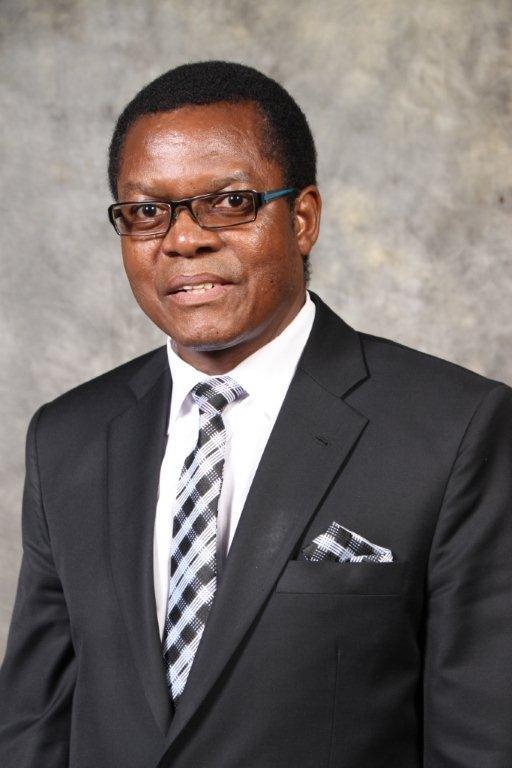
Dr Machengete is the Director General of the Postal and Telecommunications Regulatory Authority of Zimbabwe (POTRAZ) 2020, having been appointed to the position with effect from 1 December 2016.
He holds a Bachelor of Science Degree in Economics from the University of Zimbabwe, a Master of Business Administration Degree (MBA) from Southern Cross University, Australia, and a Doctorate in Business Administration from the same University, for which he graduated with distinction and was awarded the University Plaque for outstanding achievement. He has over thirty (30) years working experience in the civil service, having worked as an Economic Counsellor at the Zimbabwe Embassy in China, Zimbabwe’s Deputy Ambassador to Malaysia and Director Administration in the Office of the President and Cabinet, before joining the POTRAZ in 2016.
Dr Machengete is a part-time lecturer for the Masters in Business Leadership and Masters in Security and Intelligence Degree programmes at Bindura University of Science Education (BUSE), where he is also engaged as a Research Thesis Moderator from time to time. He is also serves on the Boards of several institutions in Zimbabwe

Delfina Soares is the Head of UNU-EGOV. Delfina has been associated with the Operating Unit since 2015, when she joined as Adjunct Associate Professor. She has strong ties to UNU-EGOV’s host university, the University of Minho, where she has held various positions over the past 18 years, including Lecturer and Assistant Professor at the Department of Information Systems and as a Researcher with Centro ALGORITMI.
She holds a PhD in Information Systems and Technologies and a MSc in Informatics, both from the University of Minho. Her areas of research and expertise include electronic governance at a national, local and sectorial level, electronic government interoperability and cross-agency collaboration, electronic democracy and electronic participation, and electronic governance measurement and monitoring. She has been member of organizational, programme and scientific committees of multiple conferences, tracks and workshops in the Information Systems and Technology (IST) area and, particularly, in the e-Governance area. Delfina has also participated and supervised national and international research projects in the area of IST in governance, and delivered talks, seminars, and presentations on the theme of e-Governance to postgraduate students and to public administration practitioners.
Delfina is member of the Executive Committee of the Observatory for the Study and Development of the Information Society (GÁVEA), and board member of the Portuguese Chapter of the Association for Information Systems (AIS) and of the Executive Committee of the Portuguese Association for Information Systems (APSI). She is also member of the WG 8.5 (Working Group on Information Systems in Public Administration) of the TC 8 (Technical Committee on Information Systems) of the International Federation for Information Processing (IFIP).
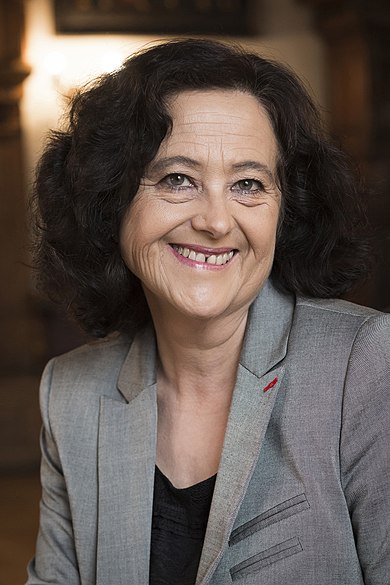
Solange Ghernaouti was the first woman professor at the HEC Lausanne faculty in 1987 and heads the Swiss Cybersecurity Advisory and Research Group (SCARG) that she created, and the Complexity Sciences Research Group. She obtained her PhD in Computer Science and Telecommunications at the Pierre and Marie Curie University (Sorbonne University) under the supervision of Professor Guy Pujolle. She is a former auditor of the Institut des Hautes Etudes de Défense Nationale, a member of the Swiss Academy of Technical Sciences (SATW) and a member of the Swiss Commission for UNESCO.
She is the author of numerous technical and popular books and scientific publications on the subjects of telecommunications, the control of computer risks, Computer crime and cyberpower and digital humanities. Since 2018, she keeps a blog on Le Temps newspaper website where she publishes various articles about cybersecurity and the impact of digital and artificial intelligence on society.
Solange Ghernaouti was also president of various associations such as the Erna Hamburger Foundation from 2012 to 2017 as well as the Social Commission of the University of Lausanne from 2006 to 2016.
She regularly contributes on a blog of the newspaper Le Temps. In 2020, she publishes fables of the digital era as well as highly noticed articles on the Swiss contact tracing application.
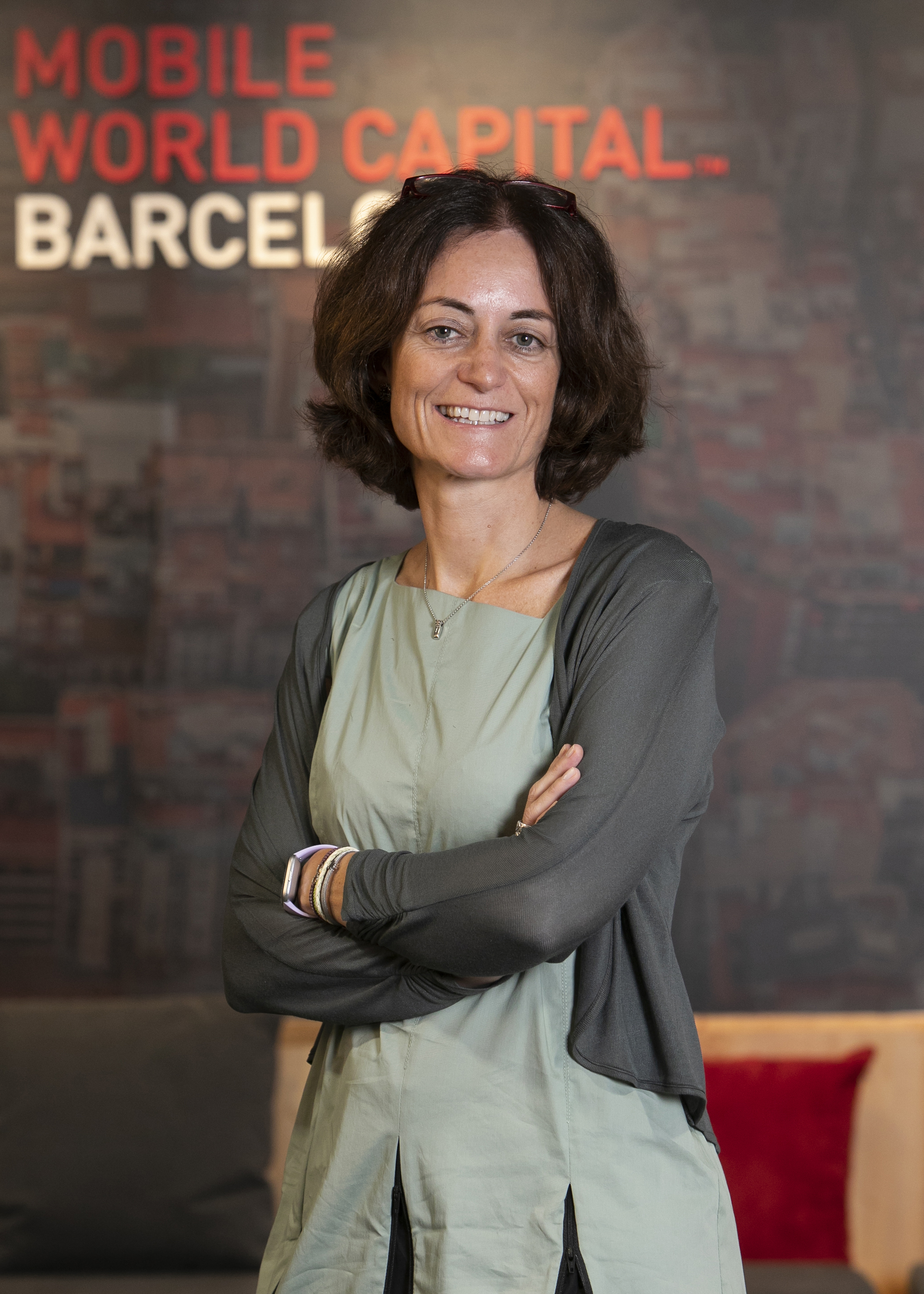
Cristina Colom is the director of Digital Future Society, a global initiative -supported by the Spanish Ministry of Economic Affairs and Digital Transformation in collaboration with Mobile World Capital Barcelona Foundation - that seeks to build an inclusive, equitable and sustainable future in the digital era. Digital Future Society connects and engages policymakers, civic society organisations, private sector, academic experts and citizens to respond to the challenges and dilemmas of the digital transformation.
Cristina is an economist, with postgraduate studies both in European Affairs and in Social Media, with over 20 years’ experience in corporate communication, marketing and crisis management. Cristina has developed her professional career in the public and private sectors, with extensive experience in multilateral organizations such as the European Commission, the United Nations and local governments. Before joining the Mobile World Capital Barcelona Foundation, she worked for Shell in several roles linked to marketing and communication.
-
 C5. Building confidence and security in use of ICTs
C5. Building confidence and security in use of ICTs
-
 Goal 1: End poverty in all its forms everywhere
Goal 1: End poverty in all its forms everywhere
-
 Goal 2: End hunger, achieve food security and improved nutrition and promote sustainable agriculture
Goal 2: End hunger, achieve food security and improved nutrition and promote sustainable agriculture
-
 Goal 3: Ensure healthy lives and promote well-being for all
Goal 3: Ensure healthy lives and promote well-being for all
-
 Goal 4: Ensure inclusive and equitable quality education and promote lifelong learning opportunities for all
Goal 4: Ensure inclusive and equitable quality education and promote lifelong learning opportunities for all
-
 Goal 5: Achieve gender equality and empower all women and girls
Goal 5: Achieve gender equality and empower all women and girls
-
 Goal 7: Ensure access to affordable, reliable, sustainable and modern energy for all
Goal 7: Ensure access to affordable, reliable, sustainable and modern energy for all
-
 Goal 8: Promote inclusive and sustainable economic growth, employment and decent work for all
Goal 8: Promote inclusive and sustainable economic growth, employment and decent work for all
-
 Goal 9: Build resilient infrastructure, promote sustainable industrialization and foster innovation
Goal 9: Build resilient infrastructure, promote sustainable industrialization and foster innovation
-
 Goal 10: Reduce inequality within and among countries
Goal 10: Reduce inequality within and among countries
-
 Goal 11: Make cities inclusive, safe, resilient and sustainable
Goal 11: Make cities inclusive, safe, resilient and sustainable
-
 Goal 16: Promote just, peaceful and inclusive societies
Goal 16: Promote just, peaceful and inclusive societies
